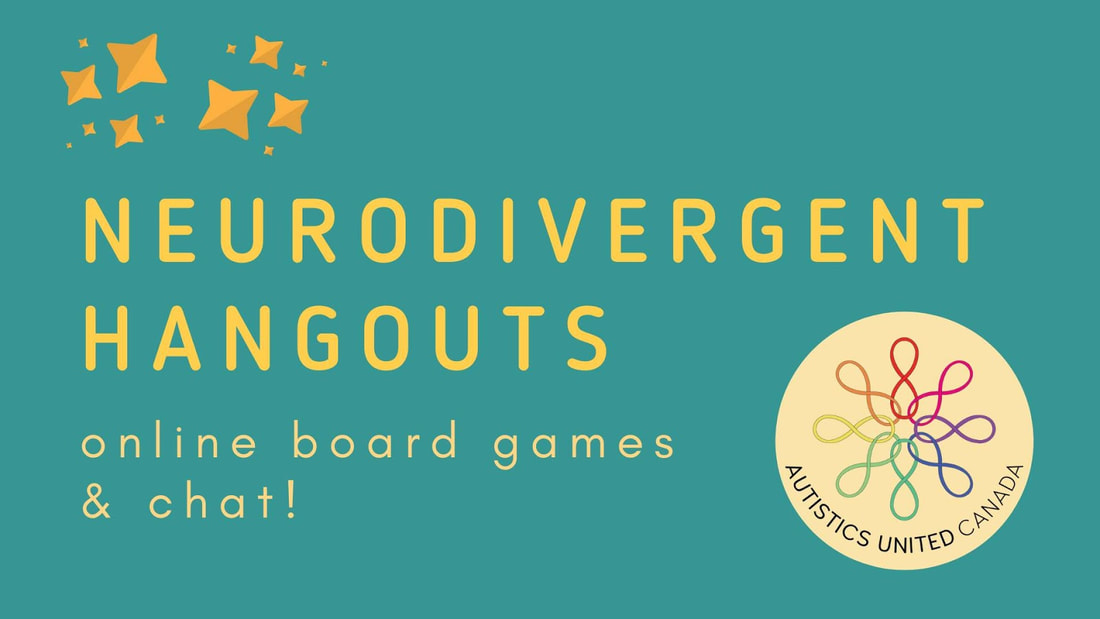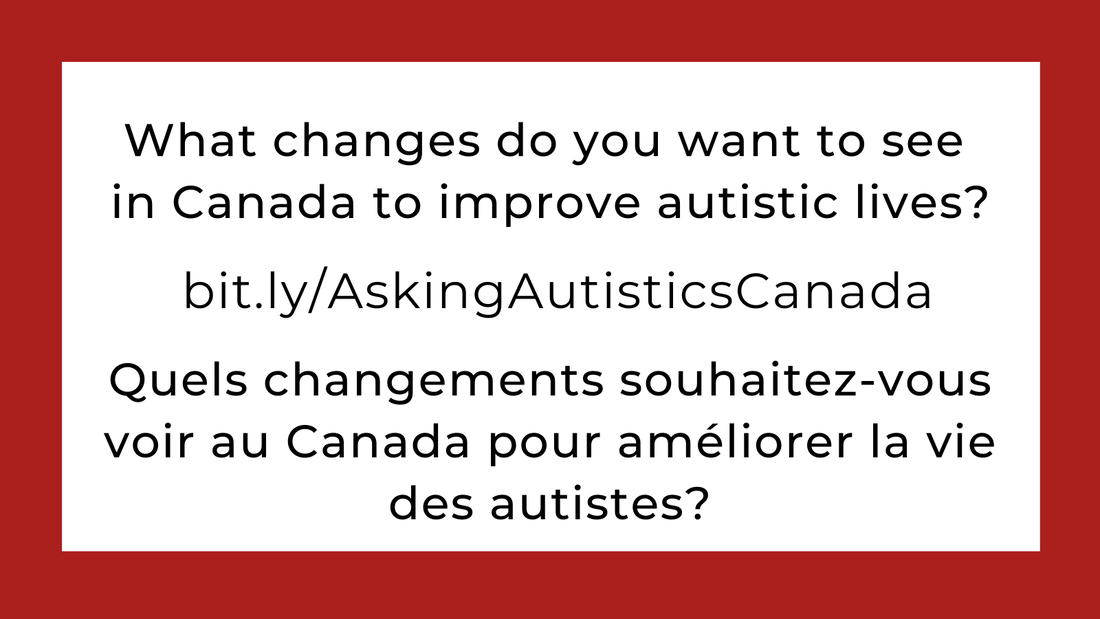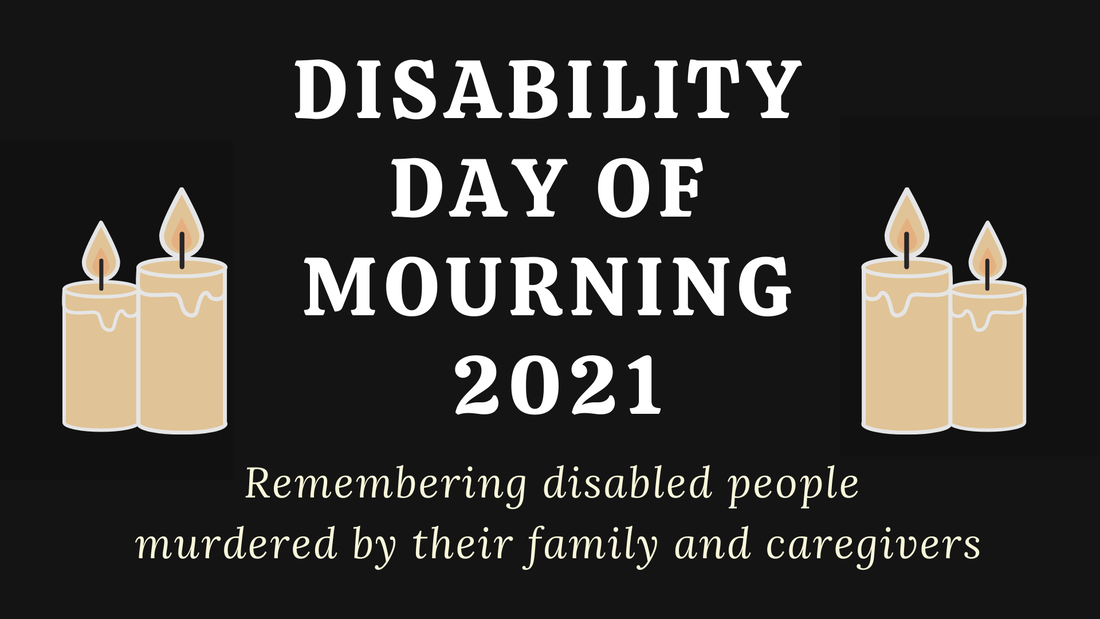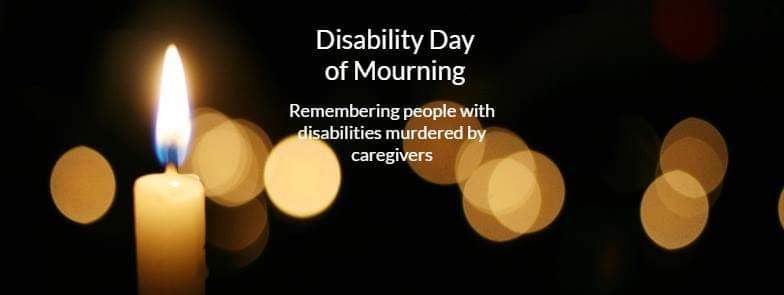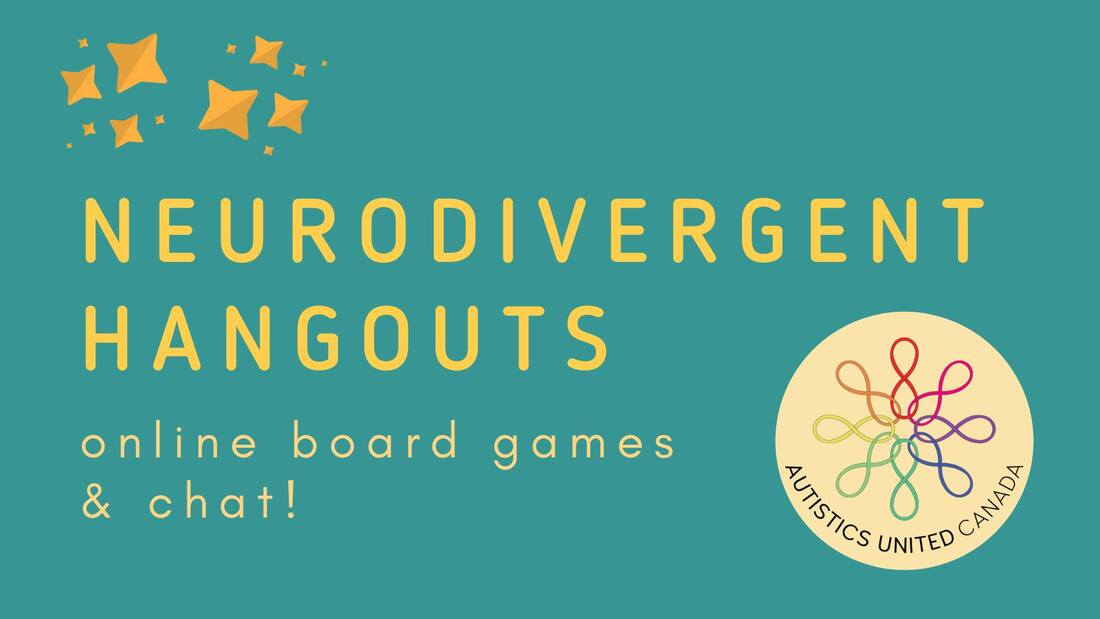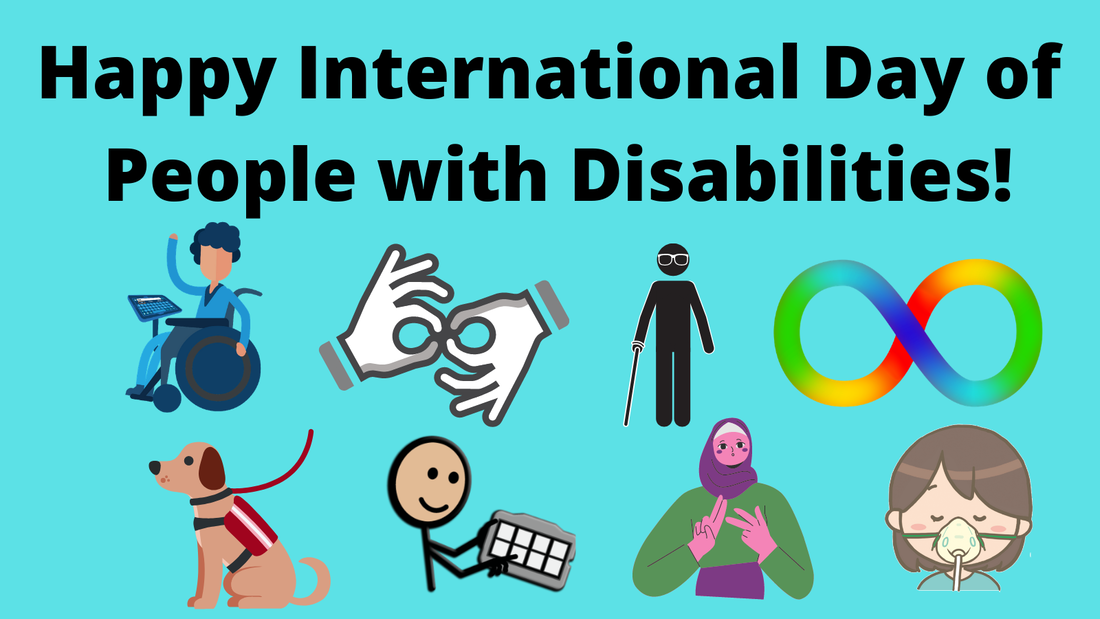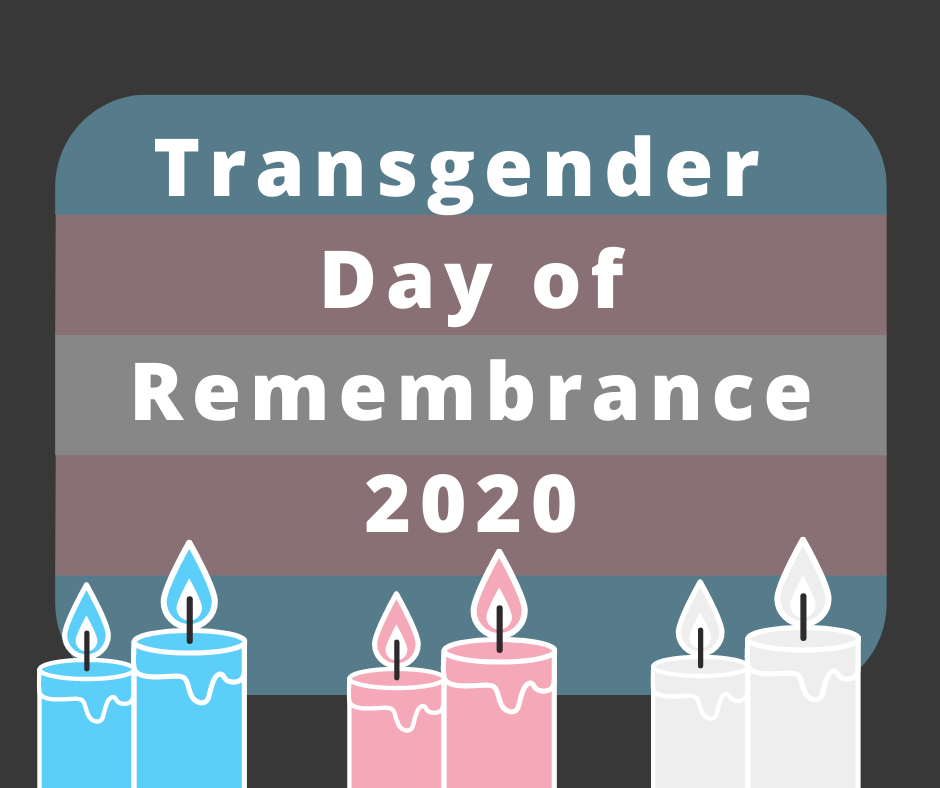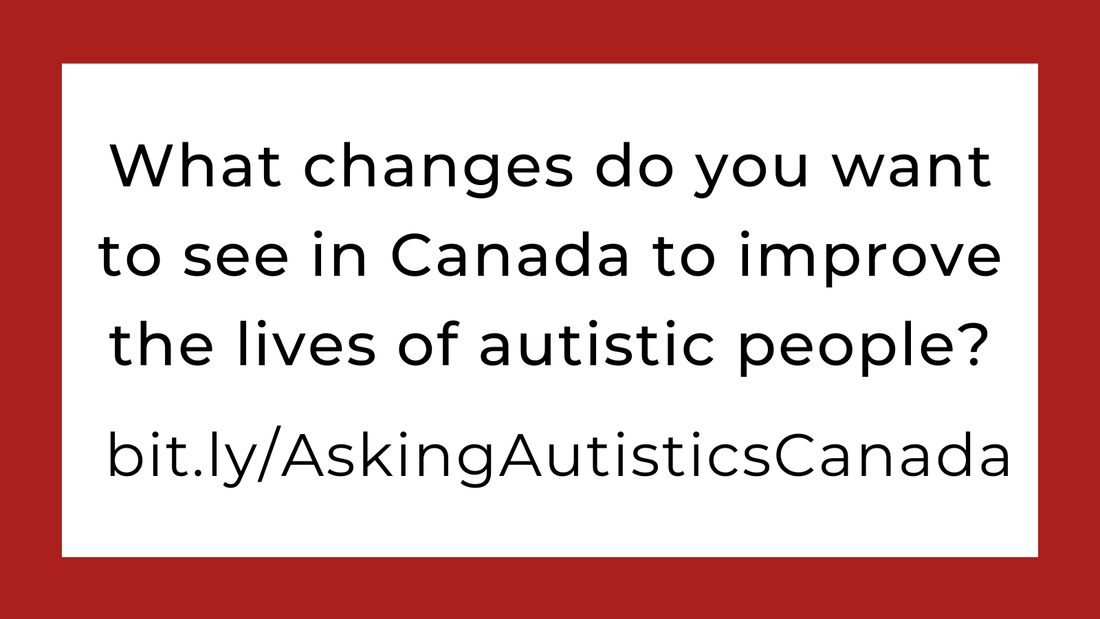|
Note: genocide, residential schools, abuse, violence, murder The Indian Residential School Survivors and Family Crisis Line is available 24/7 at 1-866-925-4419. #CancelCanadaDay #EveryChildMatters We are not celebrating Canada Day. We refuse to celebrate the historic and ongoing genocide of Indigenous peoples that Canada Day represents. In the past two months, at least 1112 unmarked graves have been confirmed by ground-penetrating radar by the Tk'emlúps te Secwépemc First Nation, Cowessess First Nation, and Lower Kootenay Band at the sites of three former residential forced assimilation “schools”. Over 150 000 Indigenous children were stolen from their families during the residential school era (which continued up until the late 1990’s), to eradicate Indigenous communities and cultures. Canada’s genocide of Indigenous peoples continues to this day: - The foster care system has replaced the residential school system and Indigenous children are still being taken away from their families. Indigenous children making up 52% of children in foster care, despite being only 8% of children in Canada. In Manitoba, 90% of children in care are Indigenous. - Indigenous children and youth routinely die in care. 102 deaths were reported in Ontario over 5 years; hundreds of deaths are suspected in Manitoba. In Manitoba, the deaths of Indigenous children in care were found to be preventable and due to lack of government oversight and support. - In 2016, the federal government was found guilty of discriminating against Indigenous children on reserves, through “willfully and reckless underfunding services. This led to children being removed from their families to access services off-reserve, leading to more children living in care than during the residential schools era. Yet, the government is still appealing the court order to compensate victims. - The foster care system acts as a pipeline towards incarceration, leading to additional abuse, control, and exploitation of Indigenous youth and adults. Indigenous people are policed and jailed at higher rates than non-Indigenous people. - Dozens of Indigenous communities still lack access to safe, clean drinking water. The water supplies of 73% of First Nations communities are at risk for contamination. - Indigenous communities in Canada face a suicide epidemic: Indigenous people die by suicide three times as much as non-Indigenous people. - Thousands of Indigenous women and girls have disappeared or been murdered over the past decades. In 2019, the National Inquiry into Missing and Murdered Indigenous Women and Girls called Canada’s role in this violence a genocide. - The federal government has spent hundreds of millions of dollars fighting Indigenous peoples in the court over land claims, discriminatory services, and compensation of residential school survivors. Canada is responsible and complicit to hundreds of genocides on Turtle Island and abroad, historical and ongoing. Reconciliation cannot and should not mean Indigenous people forgiving colonizers, abusers, and murderers. We echo calls for bringing governments, institutions, individuals, and churches to justice. We call for control over these lands to be returned back entirely to Indigenous nations and reparations given to heal from Canada’s occupation and genocide. Truth and Reconciliation Commission Report, including 94 calls to action:
https://nctr.ca/records/reports/ Qikiqtani Truth Commission: https://qtcommission.ca/en Murdered and Missing Indigenous Women and Girls: https://mmiwresources.carrd.co/ https://www.mmiwg-ffada.ca/final-report/ https://www.nwac.ca/wp-content/uploads/2015/05/Fact_Sheet_Missing_and_Murdered_Aboriginal_Women_and_Girls.pdf The Indian Act Said What: https://www.nwac.ca/wp-content/uploads/2018/04/The-Indian-Act-Said-WHAT-pdf-1.pdf Petition to Government of Canada regarding unmarked graves: https://petitions.ourcommons.ca/en/Petition/Details?Petition=e-3484 Indigenous Crisis and Mental Health Supports: Indian Residential School Survivors Society https://www.irsss.ca/ National toll-free help line: 1 (800) 721-0066 24-hour crisis line: 1 (866) 925-4419 Hope for Wellness / Ligne d’écoute d’espoir pour le mieux-être https://www.hopeforwellness.ca/ https://www.espoirpourlemieuxetre.ca/ 24-hour toll-free help line: 1 (855) 242-3310 - Phone counselling available in English, French, Cree, Ojibway, and Inuktitut - Online chat counselling available in English and French Kuu-us 24-Hour Crisis Line (BC) https://www.kuu-uscrisisline.com/24-hour-crisis-line Adults/Elders: 250-723-4050 Children/Youth: 250-723-2040 BC Wide Toll Free: 1800-KUU-US17 (1800-588-8717) Métis Crisis Line BC Toll Free: 1833-MétisBC (1833-638-4722) Indigenous Mutual Aid: https://www.ienearth.org/covid-19-emergency-mutual-aid-fund/ https://www.indigenousmutualaid.org/ LANDBACK U: https://ndncollective.org/ndn-collective-launches-landback-u-a-curriculum-on-how-to-join-the-fight-to-return-land-to-indigenous-hands/
0 Comments
Do you have questions about the COVID-19 vaccine or are concerned about how to prepare for your appointment?
This is a list of resources about the vaccine. It has information in English and French. There are resources about how to get ready for your appointment and stories from people with intellectual and developmental disabilities about their experience getting the vaccine. It also includes general information about getting vaccinated in Canada. General content warning for discussion of COVID-19 and needles. Plain Language Guides to COVID-19 Vaccine These resources give general information about the vaccine in plain language. Please note that they are not updated regularly, and some of the information in these resources may have changed. COVID-19 Vaccine Information for Canada For the latest information on COVID-19 vaccines, check out these guides: Stories Here are some stories of people who got vaccinated! Note that these are only a few people’s experiences and it’s okay if your experience is different! Neurodivergent-Friendly Guide to Needle Anxiety Autistics United Canada members created a guide on how to deal with needle anxiety. We created this guide because many guides on this topic are not neurodiversity-friendly (eg: tell you to ‘just get over it’). It contains tips on helping yourself relax, stim if needed, manage pain, and prepare for your vaccination appointment. Content warning: there is some discussion about needles in the guide, but no detailed or graphic descriptions. Vaccine Peer Support for Autistics in Toronto Autistics for Autistics Ontario is partnering with the Centre for Independent Living Toronto and the City of Toronto to provide peer support in navigating the vaccine system. If you are an autistic person in Toronto, they have two vaccinated autistic peer navigators who can help you navigate the vaccine access system and prepare for your appointment. Email [email protected] to connect with an autistic peer! This resource list was created in June 2021 by Autistics United Canada, updated July 2021. If you have any questions or suggestions about this resource, please contact us at [email protected]. Content: Mass murder, abuse, and neglect of Indigenous children, residential schools
We mourn, honour, and remember the 215 Indigenous children, some as young as three years old, whose remains were discovered in an unmarked mass grave at a former residential school on Tk’emlups te Secwépemc First Nation in Kamloops, B.C. This discovery is yet another reminder that Canada is a settler-colonial state built on the genocide of Indigenous peoples. The pattern of violence towards Indigenous children and youth continues today in the child welfare and foster care system. 102 Indigenous children in Ontario's child welfare system died between 2013 and 2017. 741 children in Alberta's child welfare system, the majority of whom were Indigenous, died between 1999 and 2013. We remember Alex Gervais, Traevon Desjarlais-Chalifoux, and Santanna Scott-Huntinghawk in B.C. And the many more Indigenous children who lost their lives in residential schools and modern child welfare systems across Turtle Island. Of those that survived, experience in the residential school system, the Sixties Scoop, and the current welfare system continue to be a source and exacerbation of disability across generations. We hold that reconciliation and decolonization is a disability justice imperative and responsibility for us all. To our Indigenous friends and community members, we share with you our love, grief, and anger. We commit to amplifying Indigenous voices and honouring Indigenous truth tellers, Elders, and Knowledge Keepers, and we join the call for reconciliation, return of stolen land, support for indigenous-led initiatives to investigate other residential school grounds, compensation of survivors and their families, and an end to the staggering violence and human rights abuses towards Indigenous people across Turtle Island. Statements from Indigenous leadership: https://tkemlups.ca/wp-content/uploads/05-May-27-2021-TteS-MEDIA-RELEASE.pdf https://www.ubcic.bc.ca/ubcic_mourns_with_the_tk_eml_ps_te_secw_pemc_residential_school_survivors_and_all_first_nations Truth and Reconciliation Commission Report, including 94 calls to action: https://nctr.ca/records/reports/ Murdered and Missing Indigenous Women and Girls: https://mmiwresources.carrd.co/ https://www.mmiwg-ffada.ca/final-report/ https://www.nwac.ca/wp-content/uploads/2015/05/Fact_Sheet_Missing_and_Murdered_Aboriginal_Women_and_Girls.pdf Indigenous Crisis and Mental Health Supports: Indian Residential School Survivors Society National toll-free help line: 1 (800) 721-0066 24-hour crisis line: 1 (866) 925-4419 Hope for Wellness / Ligne d’écoute d’espoir pour le mieux-être 24-hour toll-free help line: 1 (855) 242-3310 - Phone counselling available in English, French, Cree, Ojibway, and Inuktitut - Online chat counselling available in English and French Kuu-us 24-Hour Crisis Line (BC) Adults/Elders: 250-723-4050 Children/Youth: 250-723-2040 BC Wide Toll Free: 1800-KUU-US17 (1800-588-8717) Métis Crisis Line BC Toll Free: 1833-MétisBC (1833-638-4722) Indigenous Mutual Aid: https://www.ienearth.org/covid-19-emergency-mutual-aid-fund/ https://www.indigenousmutualaid.org/ Happy Autism Acceptance Month! April can be a difficult time for autistic people. We celebrate our community, at the same time as we fight stigma and (be)wareness campaigns. To us, autism acceptance is not just a phrase: it's a call to action. It requires a shift in thinking and strong opposition against ableism, eugenics in all its forms, harmful "treatments" of autism, and segregation. Acceptance and inclusion of all autistics also requires disability justice. We cannot work towards our collective liberation without addressing dehumanization and injustice faced by BIPOC (Black, Indigenous, and People of Colour), women, 2SLGBTQIA+ (Two-spirit, lesbian, gay, bisexual, transgender, queer, intersex, and asexual/aromatic) people, religious minorities, people in poverty, people facing homelessness, incarcerated people, vulnerable workers including sex workers, and migrants and refugees. We oppose the rise of policing in light of COVID-19, the racist and ableist policies affecting healthcare access, and institutions and systems that put profit over people. As Canada is in the third wave of the pandemic, we also encourage our members to get vaccinated if they are eligible. Autistics United Canada supports the science of vaccination and objects to misinformation about vaccines, particularly fearmongering about the non-existent link to autism. To learn more about how to get vaccinated, visit the information page for your province or territory. Neurodivergent Hangouts[Image description: yellow text against teal background. Text reads "Neurodivergent hangouts online board games & chat! Yellow stars in the top right corner and the Autistics United Canada logo of eight interlocking infinity symbols in a rainbow of colours in the bottom left] We are once again holding an online neurodivergent hangout via Zoom this Sunday, April 25th! The hangout is one hour later than usual. Time: 4-6 PM PST / 5-7 PM MST / 6-8 PM CST / 7-9 PM EST / 8-10 PM AST RSVP here: https://forms.gle/4a6FXZ1s8aGC2X5F9 We are in the process of booking ASL interpretation and CART (live captioning). Please RSVP by Friday, April 23 at 3 pm PT / 6 pm ET to request CART or ASL interpretation. For upcoming hangouts, please continue to check our Facebook events page for updates. CAHS Community Conversations & Engagement HubThe Canadian Academy of Health Sciences (CAHS) is an independent, third-party organization assigned by the Public Health Agency of Canada to carry out an assessment on autism supports nation-wide. There are 2 ways for you to share your opinion and shape policy affecting autistics in Canada: 1) Join online community conversations Happening in April and May, starting tomorrow. There are Zoom meetings for each province/territory and for individual groups like LGBTQ+ autistics, BIPOC, AAC users, autistic parents, autistic women, newcomers/immigrants, young autistic adults, and autistic seniors. Learn more here Register here You can sign up for more than one session, but you need to register first. We have participated in the CAHS survey as a stakeholder organization. Another autistic-led organization, Autistics for Autistics Ontario, has also released a series of reports, which you can read here. 2) Share your views in the online Engagement hub Open until May 31st. When you visit the Engagement Hub website, you can:
Autistics United Canada's #AskingAutistics about National Autism & Disability Policy Survey[Image description: text in a red box reading "What changes do you want to see in Canada to improve autistic lives? bit.ly/AskingAutisticsCanada Quels changements souhaitez-vous voir au Canada pour améliorer la vie des autistes? "] We have our own survey asking autistics about their thoughts on what is needed to help autistic and otherwise disabled people in Canada. This will inform our ongoing advocacy and help us communicate our community's needs to the government. Our goal is to focus on what autistic people themselves are saying. It is still open! We will collect responses until June. The survey takes around 15 minutes. It is available:
Please help us spread the word about the survey! You can share our Facebook and Twitter posts. Volunteer TrainingWe are building capacity as a group by holding a series of volunteer trainings for autistic members. Our first two workshops happened in March and the next two are coming up this weekend. If you are still interested in joining the training, please email us at [email protected] to let us know! We have recordings for the first two workshops and can share them with you if you would still like to join the training. Disabled Elders FundDisabled activists Dustin Gibson and Talila Lewis have organized a Disabled Elders Fund, giving 10 or more recipients up to $1,000 each. Donate to the fund here. Autistics United Canada in the NewsAutistics United Canada organizers from BC and Nova Scotia were recently interviewed about Autism Acceptance Month and race and gender in autism representation. The CBC radio segment was not captioned, so we have made a transcript ourselves that you can read here.
That is all for now! Please stay safe and keep supporting one another, and get vaccinated if you can! In solidarity, Autistics United Canada organizing team Image description: white text against black background with two yellow candles on either side. Text reads "Disability Day of Mourning 2021 Remembering disabled people murdered by their family and caregivers"
On March 1st, 2021, Autistics United Canada will be holding a virtual vigil for the ninth annual Disability Day of Mourning. The International Disability Day of Mourning commemorates people with disabilities murdered by family members and caregivers. We honour and celebrates the lives of our disabled ancestors who met unjust deaths at the hands of their caretakers. The vigil will include several speeches from the disabled community, a reading of victims' names, and a moment of silence. --- ***REGISTER HERE: http://bit.ly/DDOM2021*** Please register by Feb. 24th so we can best accommodate any accessibility requests! --- Date: Monday, March 1, 2021 Time: 11 am Pacific Time / 12 pm Mountain Time / 1 pm Central Time / 2 pm Eastern Time / 3 pm Atlantic Time The event will be held via videoconferencing with Zoom. You will receive an invitation link by email within 24 hours of the event. We are looking into livestreaming options in case we receive more registrations than we can accommodate on Zoom. Visit our Facebook event page for updates: https://www.facebook.com/events/235701151423535 --- ACCESSIBILITY: 1. We have confirmed CART (live captioning) for the event. 2. We have two ASL interpreters confirmed for the event. 3. We are looking into live stream options for the event. 4. We are working on getting emotional support volunteers that can provide one-on-one support in the Zoom breakout rooms. Please let us know your accessibility requests by February 24, 2021, so we can best accommodate you. If you have any questions or accessibility requests, feel free to let us know in the registration form, email us at [email protected] or message us on Facebook at @AutisticsUnitedCA! --- FUNDRAISER: We have started a fundraiser to offset the costs of hosting this event as a volunteer group. If you can, please donate here! https://fundrazr.com/01m4c0 --- To learn more about Disability Day of Mourning: disability-memorial.org (Note: This website discusses graphic murders of disabled people) --- On March 1st, we will come together—and together, we mourn. In solidarity, Autistics United Canada organizing team This year has been one of the most eventful and challenging in our lifetimes. Looking back on what we've done while facing the difficulties of the COVID-19 pandemic, the unifying theme has been what we have accomplished together for our collective well-being—through protest, through friendship, through mutual aid and support. Thank you for supporting Autistics United Canada. We cannot do our work as a volunteer grassroots organization without your support, whether it be donating, providing technical assistance, sharing our work, volunteering with us, speaking up with us, or sharing space with us. For those new to our community: welcome. Let's take on what 2021 brings together. What We’ve Been Up to in 2020 #AskingAutistics about National Autism and Disability Policy Survey Images: text inside two red boxes. Text reads: "#AskingAutistics about National Autism and Disability Policy bit.ly/AskingAutisticsCanada" and "##OnDemandeAuxAutistes sur la politique nationale en matière d’autisme et de handicap"] The federal government has committed to developing a National Autism Strategy. However, autistic people have not been adequately consulted on what we need in federal policy. This is why we launched an #AskingAutistics about National Autism and Disability Policy Survey. We are still asking autistics to take this survey! It is available:
Image: text in a red box that reads "Autistics United Canada Community Survey". We consulted the autistic community on what kind of resources, events, and advocacy they would like to see from Autistics United Canada. We did this through two community roundtables in British Columbia and Nova Scotia, along with our Canada-wide survey. This helps us keep our priorities in line with the needs of autistic communities in Canada. We will be releasing a summary document of what we heard later this year. The survey is still open—take it by clicking here! Neurodivergent Hangouts Image: yellow text against teal background. Text reads "Neurodivergent hangouts online board games & chat!" Yellow stars in the top right corner and the Autistics United Canada logo of eight interlocking infinity symbols in a rainbow of colours in the bottom left. In March and April at the beginning of the COVID-19 pandemic, we held weekly online hangouts for neurodivergent people. We knew it was important for neurodivergent people to stay connected however we can. These hangouts are continuing again on the last Sunday of every month! We chat and play online board games in small groups. CART (live captioning) is provided and ASL interpretation upon request. Register for next one (Feb 28) here: tinyurl.com/NDhangout28 We will be posting information about upcoming hangouts up regularly on our Facebook events page. Disability Day of Mourning 2020 Image: candle against black background. Text reads "Disability Day of Mourning Remembering people with disabilities murdered by caregivers
On March 1st, 2020, Autistics United chapters held local vigils to honour the lives of disabled people murdered by their caregivers. This annual international event works to bring awareness to these tragedies and to send the message that disabled lives are worth living. Our next DDOM vigil is happening online on March 1st, 2021. Visit our Facebook event page and stay tuned for more details. All Brains Are Beautiful Workshops Twice in May, we hosted our All Brains are Beautiful workshop, an introductory workshop on neurodiversity, autistic identity, disability justice, collective access, inclusive event planning, and more. We will be hosting this workshop again in the future. Keep a look-out on our social media pages and our mailing list for when the next one will be! If you attended the workshops and didn’t receive the follow-up materials, please contact us to let us know! International Day of Protest Against ABA August 31st is the International Day of Protest Against ABA. Started by an Autistics United Canada organizing member, Protest ABA Day grows bigger every year. Last year, we started a Facebook page, @ProtestABA, and received submissions from autistic survivors of ABA, autistic activists, and allies to continue speaking out against ABA. Have an article, piece of art, or writing to share about ABA? Send it to us via e-mail or our @ProtestABA Facebook page! Infodump: Sharing Our Interests In May, we hosted Infodump, an online social event where autistic people gave 5 minute talks on a topic they were passionate about! We had 8 presenters presented on a variety of topics! We hope to host this type of event again in the future. COVID-19 Resource List As the COVID-19 pandemic set in, we worked with Autistics for Autistics Ontario to create a COVID-19 resource list for autistic people. If you have a suggestion for a resource to add to our list, please contact us! Violence against Autistic People & AAC users (Content: filicide, abuse) The past year, autistic people and otherwise disabled people have had our lives uniquely threatened by COVID-19 and the societal inequities that it exacerbated. We have felt the effects of COVID-19 through ableist policies around access to healthcare, education, and basic needs--including essential visitors and AAC access in hospitals. Child abuse rates have risen; filicide of autistic people remains a pressing issue to our community. Autistics United Canada organizers continue to meet with policymakers to advocate on behalf of our communities. We also know that state violence cannot be entirely solved with state solutions, and we’re working to build online peer support and mutual aid through Facebook and Discord. #DisabledPeopleForBlackLives #DisabledPeopleForIndigenousLives In June, we released a statement in support of the Black Lives Matter movement, and included a resource list for people to learn, support, and take action. People of colour, particularly Black and Indigenous people, face disproportionate state violence, which can be compounded by disability status and also create disability. Disability justice and the liberation of all disabled people requires racial justice. Black lives matter and Black disabled lives matter. Indigenous lives matter and Indigenous disabled lives matter. Nova Scotia: Petition Against New Institution In July, Autistics United Nova Scotia petitioned against a Cape Breton institution that was being built for autistic children as young as 2 years old. Autistics United opposes institutions and other forms of segregation and believes that autistic people and their families should be given support to lives within their communities. Protests Against Anti-Vaccination Film Screening In February, members of Autistics United Manitoba, Autistics United Nova Scotia, and Autistics United BC protested the screening of an anti-vaccination film that spread misinformation about autism. Vaccines are safe, effective and save lives. We oppose the misinformation and fear-mongering about vaccination and autism perpetuated by anti-vaxxers. Auto-Captioning Guide An Autistics United Canada organizing member created an auto-captioning starter guide, which you can find in our resources list, and was interviewed about it and the importance of captioning recently on CBC. Taking on 2021 Together Volunteer Training If you are interested in getting more involved with Autistics United Canada, consider signing up for our volunteer training! We will be hosting workshops on accessible activism, disability justice, goal-setting, and other skills for volunteers. This training is only open to autistic people. Sign up: http://bit.ly/AutisticOrganizerTraining Discord Server for Autistics We’re setting up a Discord server that will be open to autistic people! This will serve as an online community for discussion, activism, and peer support. If you would like an invitation to the Discord, please email us at [email protected] or contact us on our social media. Upcoming Events: Disability Day of Mourning and Neurodivergent Hangouts On March 1st, 2021, Autistics United Canada will be hosting the 9th Annual Disability Day of Mourning, a vigil that celebrates and honours the lives of disabled people murdered by their caregivers. This year, the vigil is being held virtually. Visit our Facebook event for updates: https://www.facebook.com/events/235701151423535 We will continue to host our Neurodivergent Hangouts on the last Sunday of each month. Visit our Facebook page for updates: https://www.facebook.com/AutisticsUnitedCA/events/ We're Looking for Autistic Artists and Graphic Designers! To fundraise for future projects, we’re commissioning autistic artists and graphic designers to work with to create merchandise (prints, t-shirts, cups, etc.) with positive messages about autism! The funds will be used to help us host accessible community events with ASL interpretation and CART. This is a paid opportunity. Autistic BIPOC (Black, Indigenous, People of Colour) are especially welcome. If you are interested, please contact us at [email protected] or through our social media. Continued Advocacy, Resource-Building, and Community Support In 2021, we will continue our advocacy for autistic people during the COVID-19 pandemic, particularly on our right to access safe and accessible healthcare. We will continue to call for provincial and national policies to be made in consultation with the most marginalized of our communities. We will continue to create and build resources and spaces by autistic people, for autistic people. Let’s take on the next year together! In solidarity, Autistics United Canada organizing team RSVP here for Dec 27: https://tinyurl.com/NDhangout27 We will be playing online or Jackbox games, watching videos, or just chatting--whatever everyone feels like doing. These are difficult times for all of us. Let's connect and hold space for each other! These hangouts are open to all neurodivergent people, including Autistic people, ADHDers, people with developmental and intellectual disabilities, people with mental health challenges, etc. The event will be held via videoconferencing with Zoom. You will receive an invitation link by email within 24 hours of the event. --- Time: Last Sunday of every month 3-5 PM PST / 4-6 PM MST / 5-7 PM CST / 6-8 PM EST / 7-9 PM AST --- For more information and updates, visit our Facebook event: https://www.facebook.com/events/297479948326080/ --- To sign up for future neurodivergent hangouts every month, see our Facebook events listing: https://www.facebook.com/autisticsunitedca/events [Image description: An aqua blue background with black text that says "Happy International Day of People with Disabilities!"
Below the text is: a blue-attired person tan skinned person with black curly hair in a wheelchair with a speech-generating device; two hands using sign language; a silhouetted blind person with sunglasses and a white cane; the neurodiversity rainbow infinity symbol; a light brown service dog with a red vest and leash; a person using an AAC device; a person in a green sweater and purple head scarf signing; and a person with shoulder length brown hair wearing an oxygen mask.] Happy International Day of People with Disabilities! Today, we're speaking out about the importance of approaching disability from human rights and disability justice lenses. 'Nothing about us without us' and intersectionality are two frameworks we must use to reflect on this day within the context of the Black Lives Matter movement and the COVID-19 pandemic highlighting many inequities, not only ableism. Disabled community is diverse with disabled people coming from many different sites of additional privilege and oppression. We form one-fifth of the world's population. Disability crosses borders, genders, races, ethnicities, classes, faiths, sexual orientations, and body sizes. The world of disability is as diverse as the global community. Yet around the world, we face similar issues: inaccessibility, segregation, institutionalization, seclusion, sterilization, exclusion, discrimination, homelessness, police brutality, incarceration, poverty, abuse, and the assumption that our lives are not worth living. Ableism affects us all. 'Nothing about us without us' means 'nothing about us without ALL of us', including disabled people historically and continually forgotten and excluded from disability movements. Working toward collective access and collective liberation means then working towards racial justice, environmental justice, decolonization, feminism, police abolition, anti-capitalism, 2SLGBTQIA+ justice, and anti-oppression in all forms, as they are all part of an intersectional disability justice movement. The International Day of Disabled Persons is a day where we ask again, who is being left behind? Who is most vulnerable to ableism, eugenics, institutionalization, state violence, torture, and abuse? Who do we still have to work to not just support, but to work alongside, whose voices we must elevate rather than silence? How do we create communities of care and mutual aid that do not perpetuate further oppression? As a grassroots autistic-led organization, Autistics United Canada is trying to put these values in practice. We are ever growing and ever learning. We are struggling together to build a just movement for all disabled people. [Image: blue, pink, and white candles in front of a transgender flag. Text reads "Transgender Day of Remembrance 2020"]
Today is the Transgender Day of Remembrance. We honour and commemorate our trans siblings who have lost their lives to trans-antagonism, hate and violence. In the last year, 350 trans and gender-diverse people were reported murdered, and many more deaths go unreported. Trans women, trans people of colour, trans sex workers continue to be the largest groups of victims. Trans people are up to six times more likely to be autistic. Our community includes trans people; as trans autistics, particularly trans autistics of colour, many of us face additional violence from institutions, police forces, hospitals, schools, caregivers, prisons, and detention centres. We must come together as a community to resist, to survive. We cannot forget our trans autistic ancestors who came before us, who were pathologized like we are for our autistic truths and joys, for their trans truths and joys. We mourn in solidarity with the trans community. --- Ways to learn more and support:
We are #AskingAutistics for your feedback! This is a survey by and for autistics about the changes you want to see in Canada to improve the lives of autistic people. Your thoughts and experiences will help us advocate on the policies that affect our lives.
You can take the online survey here: bit.ly/AskingAutisticsCanada It will usually take at least 15 minutes to fill out. You can also give feedback in two other ways: 1. Downloading and filling out the survey in Microsoft Word or PDF format from our website: https://www.autisticsunitedca.org/AskingAutisticsCanada.html 2. Using your preferred communication method (e.g. video call, audio call, text chat, email) during an interview. Please contact us at [email protected] to set up an interview or to send your completed Word format surveys. |
